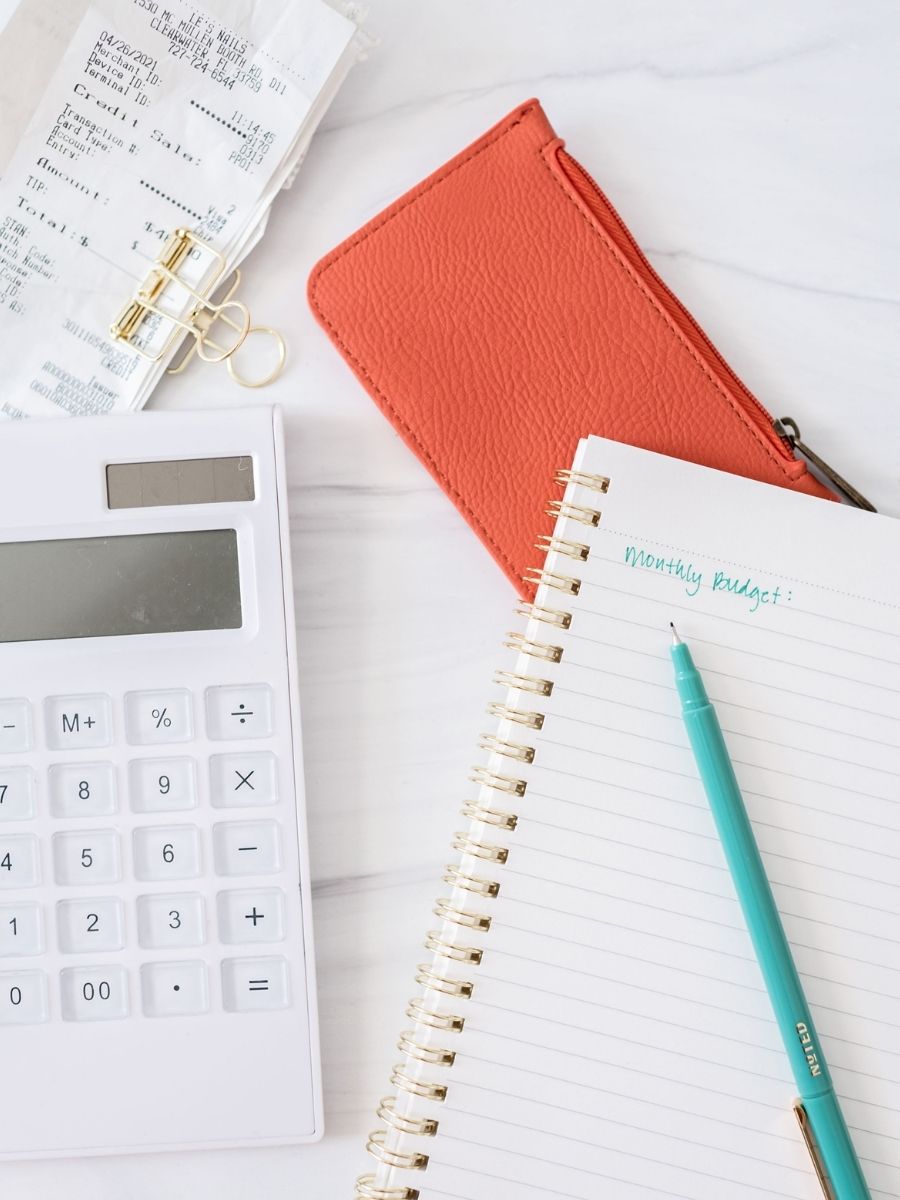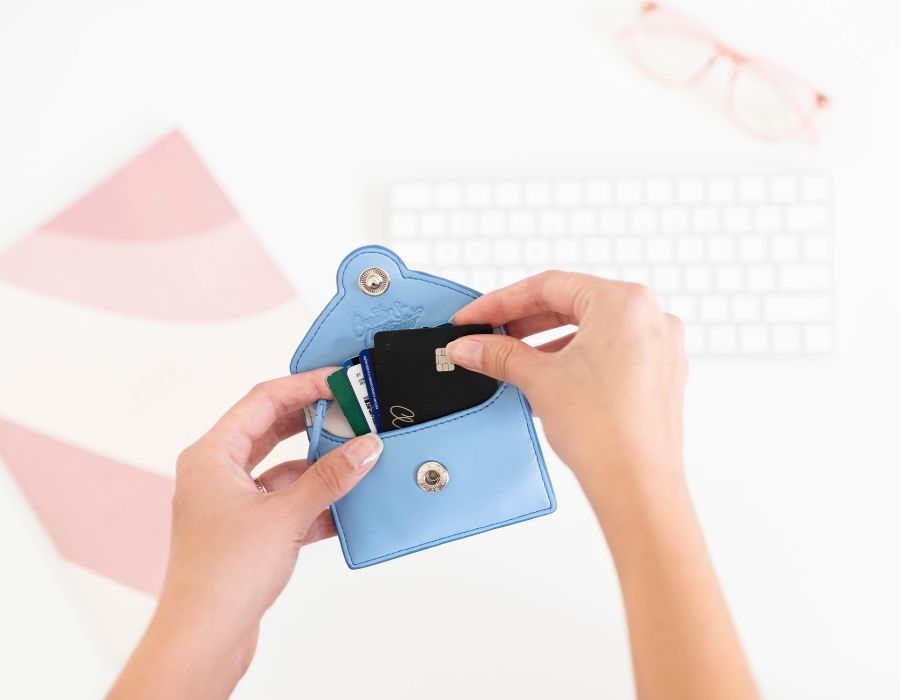
Using a credit card can feel equal parts scary and convenient. The perks are great—they are a convenient payment method, are secure for online shopping, and can help you earn rewards. On the flip side, the thought of missing a payment or accumulating high-interest debt is enough to get your heart beating a bit faster (and not in a good way).
1. Pay attention to what you’re spending weekly
When you aren’t paying in cash, it’s common to just swipe your card and not feel the cost of the purchase you just made. This makes it really easy for high credit card balances to sneak up on you. You don’t ever want to open up a credit card bill and be surprised. Find a way to keep track of your spending. You can jot down credit card purchases in an old-fashioned notebook or use your credit card issuer’s app to keep up on your spending. You often can sign up for text or email alerts when you make purchases with your card, which can act as a friendly reminder of what you’re spending. At the end of every week, check in on how much you spent so you know if you need to adjust your budget accordingly. Whatever method you choose, awareness is the key takeaway here.

Source: Color Joy Stock
2. Stay below 30% of your credit limit weekly
An added bonus of paying attention to how much you’re spending each week with your credit card is that you can keep an eye on how much of your available credit you’re currently using. Your credit score will benefit from you using less than 30% of your available credit limit between all of your revolving credit products (AKA credit cards, personal lines of credit, and home equity lines of credit). Let’s say you have two different credit cards and each comes with a $5,000 credit limit. That means you have $10,000 of available credit and you’ll need to use less than $3,000 (30%) to keep your credit score healthy.
Each week when you review your credit card spending, keep an eye out on just how much credit you’re using. If you’re creeping closer to 30% and it’s only the first week of the month, you’ll want to pay your credit card bill now so you have more room to spend throughout the month without passing that 30% credit utilization rate.
3. Pay balances in full or at least on time monthly
In an ideal world, you’ll pay off your credit card bill in full once a month (or more often if you’re up for it!). If you can’t pay off your balance in full, it’s still important to pay your minimum balance on time each month. When you miss a bill or make a late payment, you risk running into late fees, interest payments, and a damaged credit score. You can avoid hurting your credit score by making a minimum payment. The healthier your credit score is, the better interest rates you’ll qualify for in the future when you need to borrow money (like a home or auto loan). Making sure you never miss your monthly payment now can save you a lot of money on interest payments in the future.
If you’re forgetful, you can sign up for automatic payments to ensure you never miss a payment. Just make sure you have enough money in your bank account to pay the bill (this is another time that weekly spending check-ins come in handy).

Source: Color Joy Stock
4. Monitor your accounts monthly
One really important credit habit to make a part of your monthly routine is to closely review your credit card statements. Mistakes and fraud happen and you want to be aware if there is a billing error or fraudulent charge on your credit card statement. Again, spending notifications can really come in handy here, but at the very least, you want to confirm your monthly statement is accurate every single month. The sooner you catch a mistake, the easier it will be to resolve.
5. Bounce back from mistakes daily
This habit is something you need to work on not just every month or week but also every single day. We’re all human and we all make mistakes, and how we learn and grow from those mistakes is what really matters. If you have credit card debt to pay off, missed a payment, or made a purchase you regret, it’s OK to feel bad about those mistakes. That being said, you can’t let those mistakes weigh you down. It’s a much better use of energy to focus on how you can bounce back from them.
Instead of wallowing in feelings of regret, sit down and make a plan to remedy your mistakes. What steps can you take to pay off your credit card debt completely? What system do you need in place to make sure you don’t miss another monthly payment? What emotional triggers are causing you to overspend and how can you avoid them? Just because you made a credit mistake doesn’t mean you can’t recover from it and move on to become a responsible credit card user. You’ve got this!































